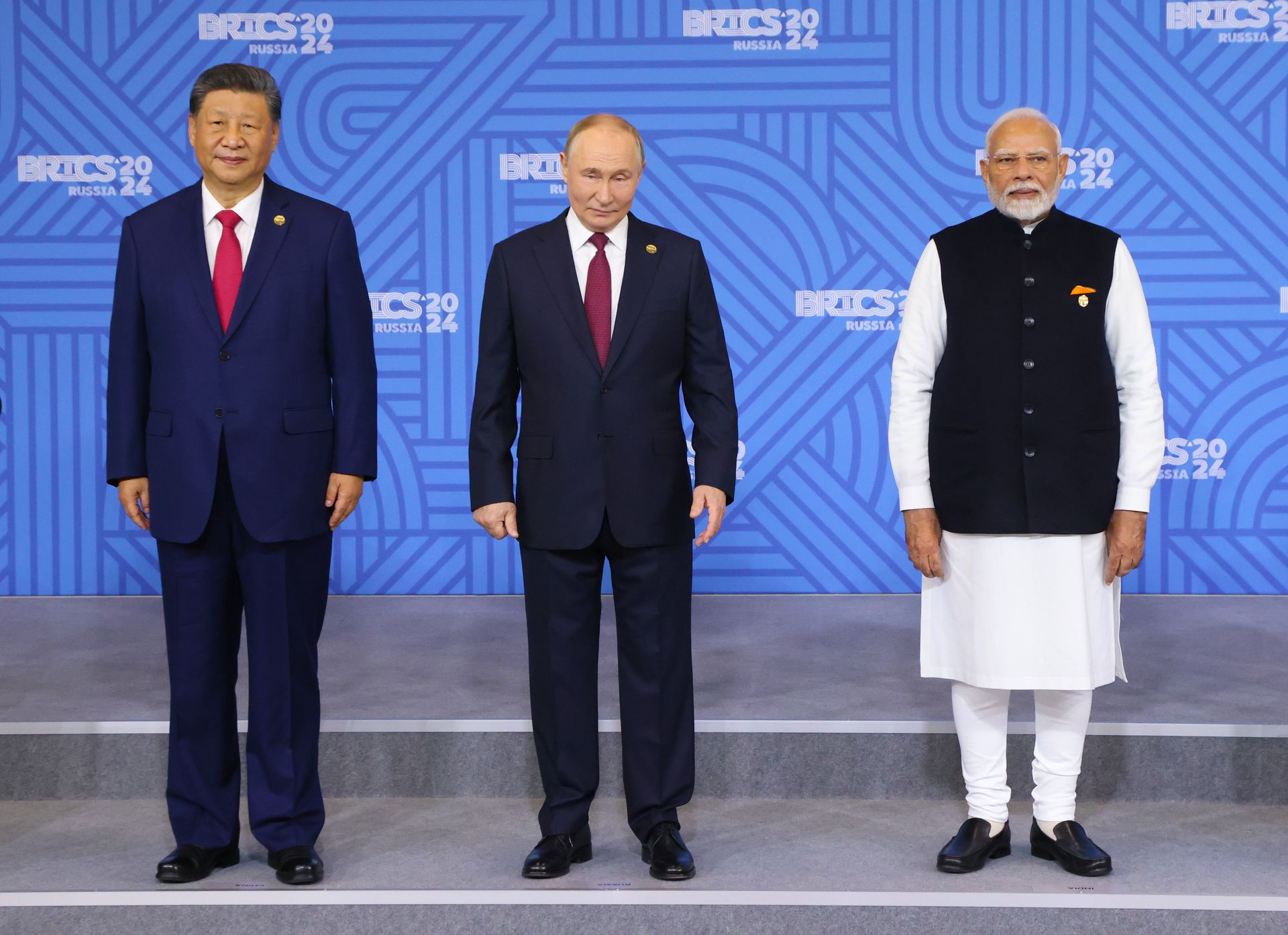Trump says Xi agrees to 'work together' with US on ending Russia's war against Ukraine

Editor's note: The story was updated with additional details.
U.S. President Donald Trump said on Oct. 30 that Chinese President Xi Jinping agreed to work with Washington toward ending Russia's war against Ukraine following their meeting in South Korea.
While Beijing has maintained that it is neutral in the war, it continues supplying Moscow with dual-use goods and purchasing Russian oil, which provides crucial revenue for the Kremlin's war effort.
"We talked about (Russia's war against Ukraine) for a long time," Trump told reporters.
"We agree the sides are locked in fighting, and sometimes you have to let them fight — crazy — but (Xi) is going to help us, and we're going to work together on Ukraine. Not a lot more we can do."
According to Trump, he discussed Beijing's purchases of Russian oil with Xi, but did not elaborate on the details. The president previously imposed sanctions on Russia's two largest oil companies, Rosneft and Lukoil, a move that disrupted some energy exports to China and India.
After the meeting, U.S. Treasury Secretary Scott Bessent also announced that Beijing has approved a deal regarding the social media app TikTok. He said he expects the agreement to advance in the coming weeks, but did not provide further details.
Last year, the U.S. Congress passed a law ordering ByteDance, a China-based company that owns the popular video platform, to sell TikTok's U.S. assets.
Trump described his meeting with Xi as "amazing" and the outcomes as "outstanding," adding that Washington and Beijing reached a one-year trade agreement.
"We have a deal now," Trump said. "Every year we'll renegotiate the deal, but I think the deal will go on for a long time, long beyond the year. We've settled all the rare earth issues."
Since returning to the office, the U.S. president has heavily relied on tariffs and secondary tariffs — or the threat of them — as a tool of foreign policy, using them to pressure both Beijing and Moscow.
On Sept. 5, Trump criticized growing cooperation between Moscow, Beijing, and New Delhi after a summit in Tianjin, writing that "it looks like we've lost India and Russia to deepest, darkest China."
From Dec. 5, 2022, until the end of September 2025, China bought 47% of Russia's crude exports, followed by India with 38%, according to the Center for Research on Energy and Clean Air.
Earlier, Trump vowed to impose secondary tariffs on China for buying Russian oil.
The U.S. president has recently grown frustrated with Russian President Vladimir Putin. He canceled their planned meeting in Hungary before imposing sanctions on Russia's energy giants.
On Oct. 25, Trump said he would not meet Putin unless there was "a clear path to a peace agreement" between Russia and Ukraine, as he is "not going to be wasting (his) time."














